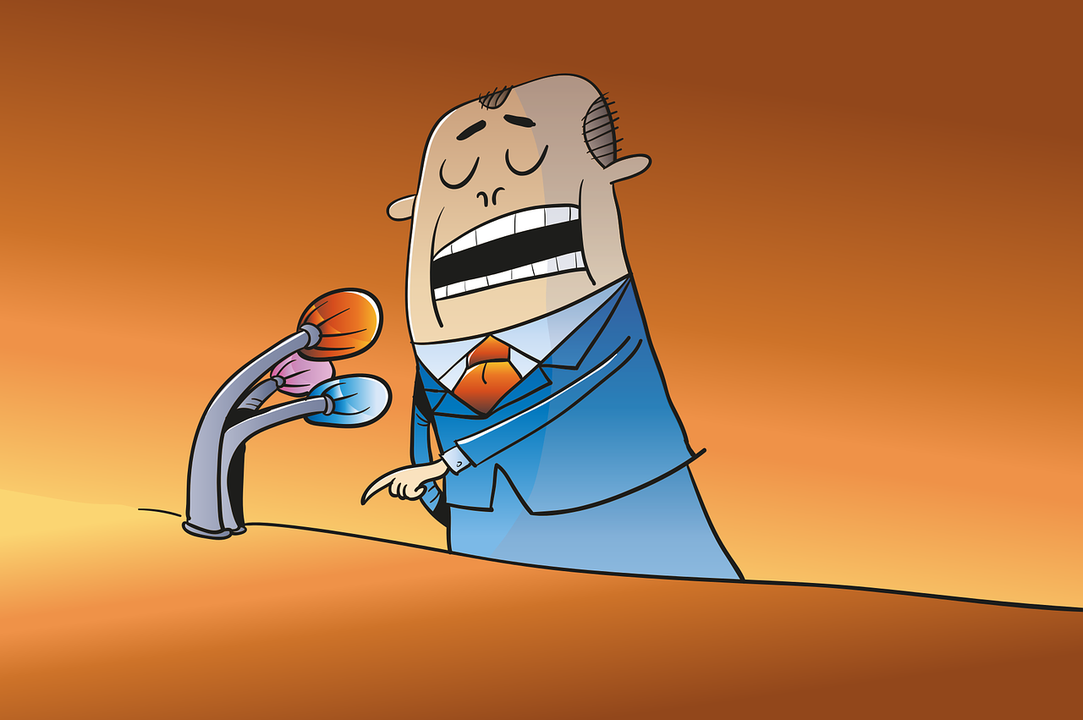'Política y principios', por Carlos Rodríguez Braun

En la primera vuelta de las elecciones primarias del Partido Popular uno de los dos principales protagonistas, Pablo Casado, sostuvo que la crisis de esa formación política se derivaba de que había descuidado sus principios. Figuras de la importancia de José María Aznar subrayaron el mismo mensaje.
A primera vista, parece cierto. Mariano Rajoy arrasó en 2011 con el 45 % de los votos y 186 escaños en el Parlamento, y dilapidó ese gran capital, perdiendo cuatro millones de votos y siendo finalmente expulsado del Gobierno por la primera moción de censura exitosa de nuestra democracia.
Parece razonable suponer que en esa catástrofe le cupo al Partido Popular una gran responsabilidad. La gestión de la crisis catalana pudo ejercer su influencia, y por supuesto la política fiscal: Rajoy prometió dos veces bajarles los impuestos a los españoles, y dos veces se los subió. Temo que ahora Pedro Sánchez castigue todavía más a los contribuyentes, pero es inevitable pensar que numerosos votantes del PP se sintieron decepcionados y hasta traicionados por Rajoy y su Gobierno.
En el propio PP y en el equipo de Rajoy eran conscientes de ello. De ahí que reivindicaran la aplicación del artículo 155 de la Constitución para lidiar con la situación en Cataluña, e insistieran en que Rajoy debió subir los impuestos en contra de sus principios. Varios dirigentes del partido repitieron que “bajar los impuestos está en el ADN del PP”, como si los partidos fueran organismos susceptibles de análisis biológicos.
La triste realidad es que resulta difícil encontrar a políticos con principios. Ni siquiera Aznar se comportó ante los nacionalistas catalanes con valentía sistemática, puesto que decapitó a Aleix Vidal-Quadras en 1996, cuando necesitó los votos de Jordi Pujol y éste se lo exigió. Ahora Pablo Casado promete bajar los impuestos, y es a mi juicio imprescindible que lo propongan los líderes del PP para recuperar apoyo popular, pero muchos recordarán las promesas incumplidas de Mariano Rajoy.
Lo que hacen los políticos es actuar generalmente con oportunismo para acceder al poder y mantenerlo. Los éxitos en el mundo de la política suelen ser complicados si uno tiene principios y no está dispuesto a negociarlos. Como dice una célebre y cínica frase atribuida a Groucho Marx: “estos son mis principios, pero si no le gustan tengo otros”.
Politics and principles
Carlos Rodríguez Braun
In the first round of the primary elections of the Partido Popular, one of the two main figures, Pablo Casado, asserted that the crisis in this political party derived from the fact that it had neglected its principles. Figures of importance like José Maris Aznar highlighted the same message.
At first sight, it seems true. Mariano Rajoy had a resounding victory in 2011 with 45 % of the votes and186 seats in Parliament and he squandered that great capital, losing four million votes and finally being thrown out of the Government by the first successful non-confidence vote of our democracy.
It seems reasonable to imagine that the Partido Popular holds a lot of responsibility for that catastrophe. The management of the Catalan crisis may have had a role to play, and also, the tax policy of course: Rajoy twice promised to lower taxes for Spaniards, and he twice raised them. I fear now that Pedro Sánchez will further punish the tax payers, but it is inevitable to think that many PP voters felt disappointed and even betrayed by Rajoy and his Government.
The PP itself and Rajoy´s team were aware of that. Hence why they called for the application of article 155 of the Constitution in order to combat the situation in Catalonia, and insisted that Rajoy should increase taxes against their principles. Several leaders of the party repeated that “lowering taxes is in the DNA of the PP”, as if parties were bodies liable to undergoing biological analysis.
The sad reality is that it is difficult to find politicians with principles. Not even Aznar behaved with systematic bravery in the face of Catalan nationalists, given that he got rid of Aleix Vidal-Quadras in 1996, when he needed the votes of Jordi Pujol, and the latter demanded it from him. Now Pablo Casado promises to lower taxes, and I think that it is essential for the PP leaders to propose this in order to recover popular support, but many will remember the failed promises of Mariano Rajoy.
What politicians generally do is to act in an opportunistic way in order to gain power and hold onto it. Success in the world of politics is normally difficult if you have principles and are not willing to compromise on them. As the famous and cynical phrase attributed to Groucho Marx states: “These are my principles, but if you don´t like them I have others”.

